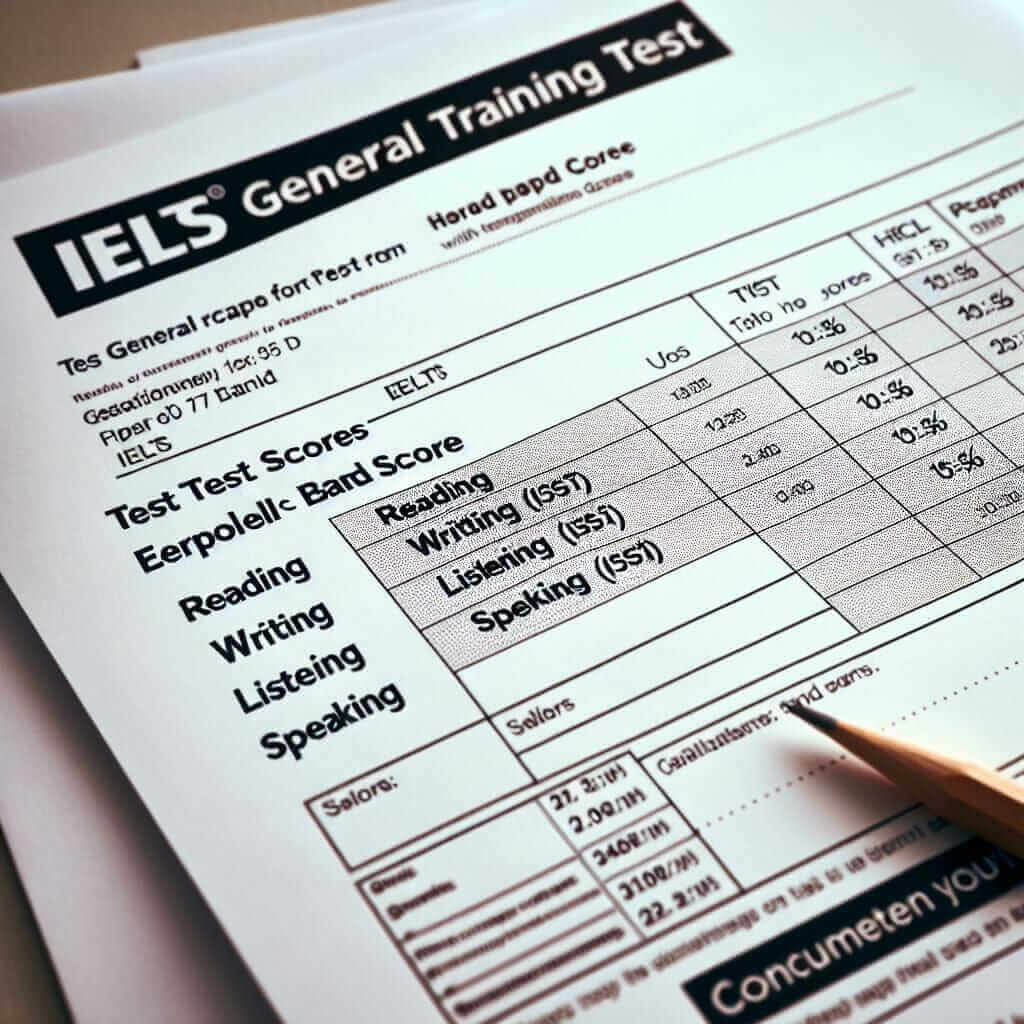As an IELTS instructor with over 20 years of experience, I’ve encountered countless individuals embarking on their IELTS journeys. One of the most frequent questions I receive is, “Do I need to take the Academic or General IELTS test?” This is a fundamental question as choosing the right test is crucial for achieving your goals. This article delves into the specifics of the General IELTS test, outlining who should consider taking it.
Understanding the General IELTS Test
The International English Language Testing System (IELTS) is a globally recognized English proficiency test. It assesses your ability to listen, read, write, and speak in English. The IELTS exam is offered in two formats: Academic and General Training.
The General Training IELTS test evaluates your English language skills in practical, everyday contexts. It focuses on your ability to navigate social and workplace situations that require English communication.

Who is the General IELTS Test For?
The General IELTS test is designed for individuals who intend to:
1. Migrate to an English-Speaking Country
Many countries, including Canada, Australia, the UK, and New Zealand, require proof of English language proficiency for immigration purposes. The General IELTS is widely accepted by immigration authorities in these countries.
2. Work in an English-Speaking Environment
If you plan to work in a country where English is the primary language of communication, the General IELTS can demonstrate your ability to effectively communicate in a professional setting.
3. Pursue Vocational Training
Certain vocational and training programs, particularly in healthcare and education, require a specific level of English proficiency. The General IELTS can be used to meet these requirements.
4. Enhance General English Language Skills
Even if you don’t have immediate plans for migration, work, or training, the General IELTS can be a valuable tool for assessing and improving your overall English language abilities.
Who Should Consider the Academic IELTS Test?
The Academic IELTS test, on the other hand, is designed for those who wish to:
- Pursue higher education: Universities and colleges often require the Academic IELTS for admission to undergraduate or postgraduate programs.
- Register with professional organizations: Certain professions, like medicine or law, might require the Academic IELTS for professional registration.
Examples of How General IELTS is Used:
- Immigration: Imagine you are applying for permanent residency in Canada. The Canadian government requires you to submit an IELTS General Training score that meets their specified language benchmark.
- Workplace: A company in Australia is hiring for customer service representatives. They request applicants to provide a General IELTS score to demonstrate their ability to communicate effectively with customers.
Tips for Success in the General IELTS Test
- Start Early: Don’t wait until the last minute. Begin your preparation well in advance to allow ample time for practice and improvement.
- Familiarize Yourself with the Test Format: Understanding the structure and content of each section is crucial for effective preparation.
- Practice Regularly: Consistent practice is key. Engage in activities that target each skill area – listening, reading, writing, and speaking.
- Seek Feedback: Get feedback from an experienced IELTS instructor or tutor to identify areas for improvement.
In Conclusion
Choosing the right IELTS test format is the first step towards achieving your goals. The General IELTS test opens doors to a wide range of opportunities for individuals seeking to migrate, work, or enhance their English language skills in practical, everyday contexts. Remember to assess your specific needs, prepare diligently, and approach the test with confidence!